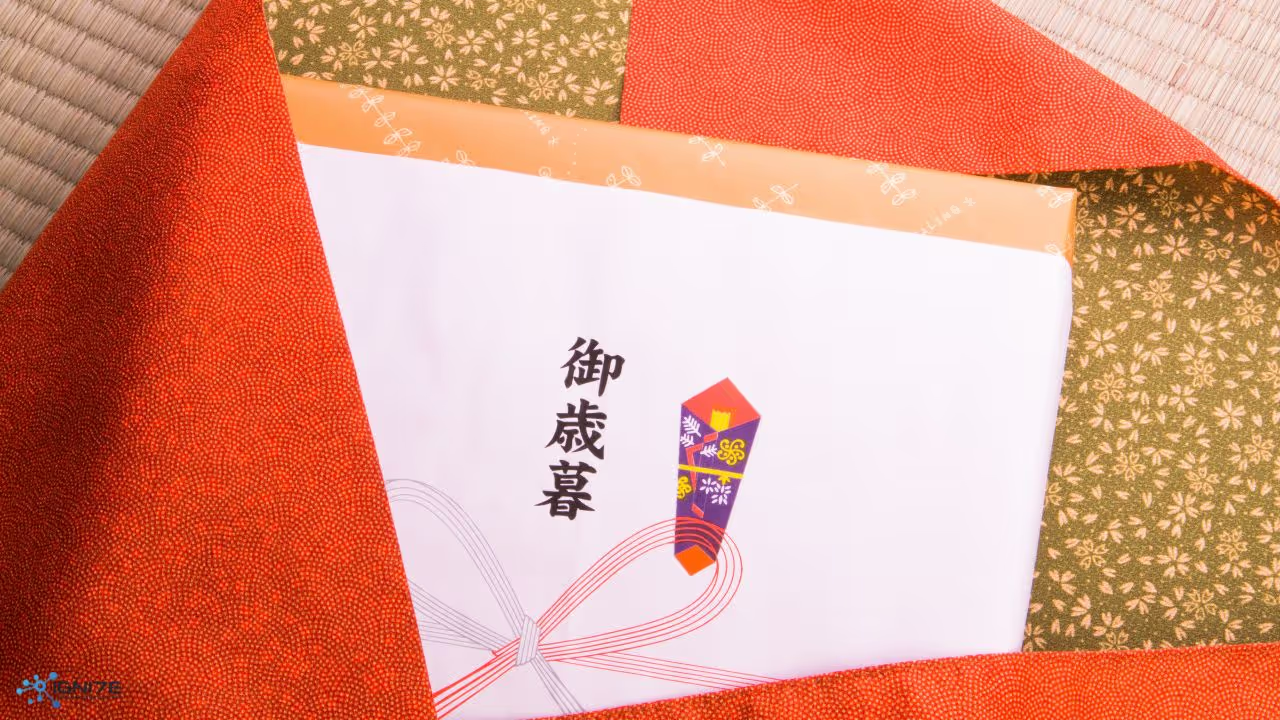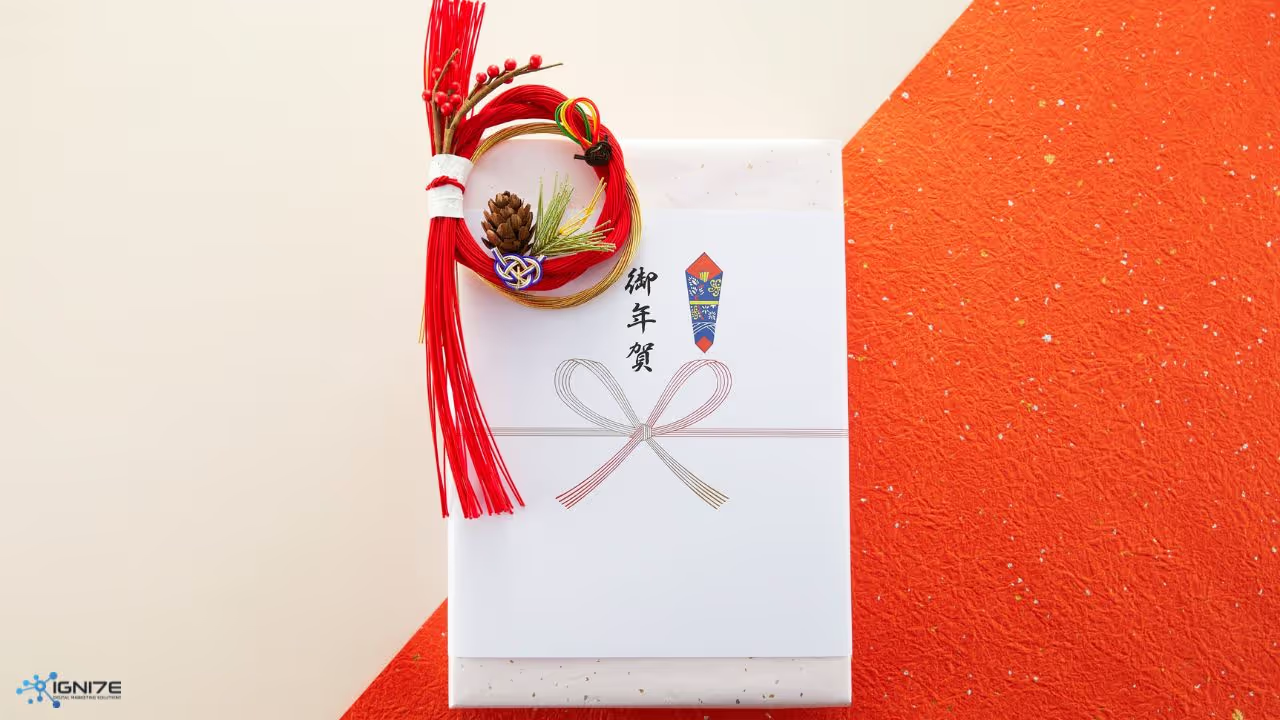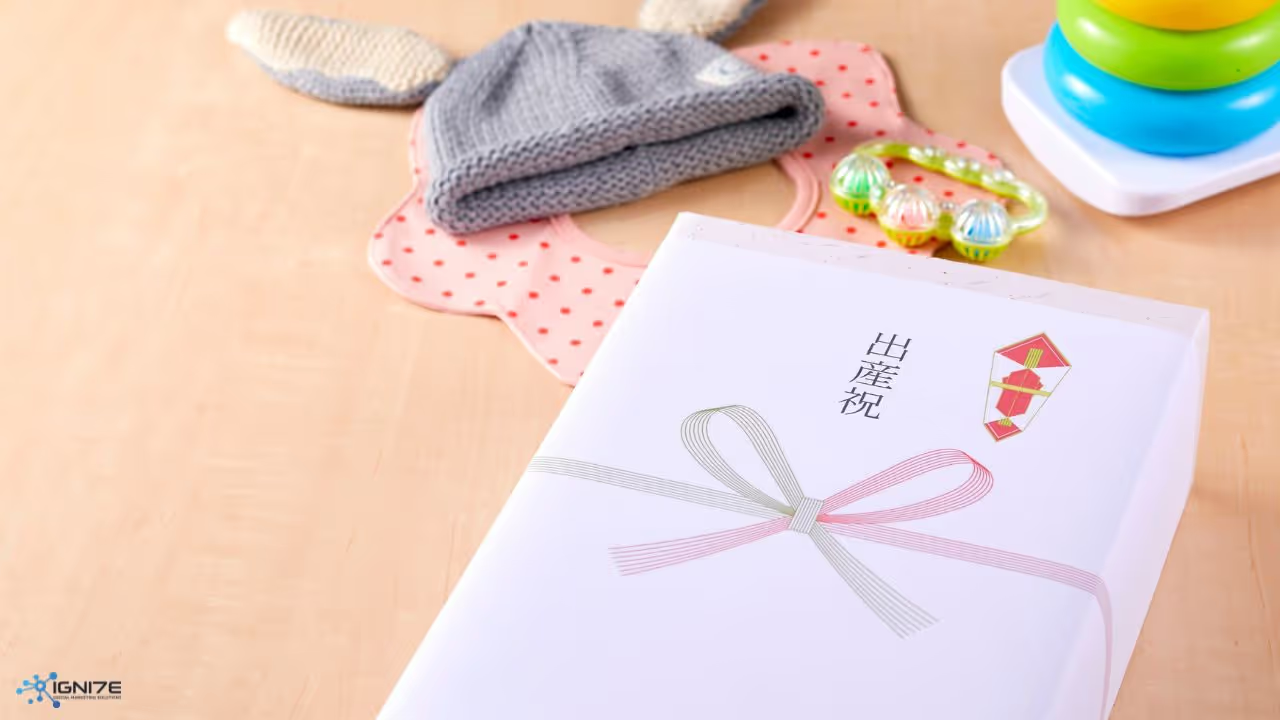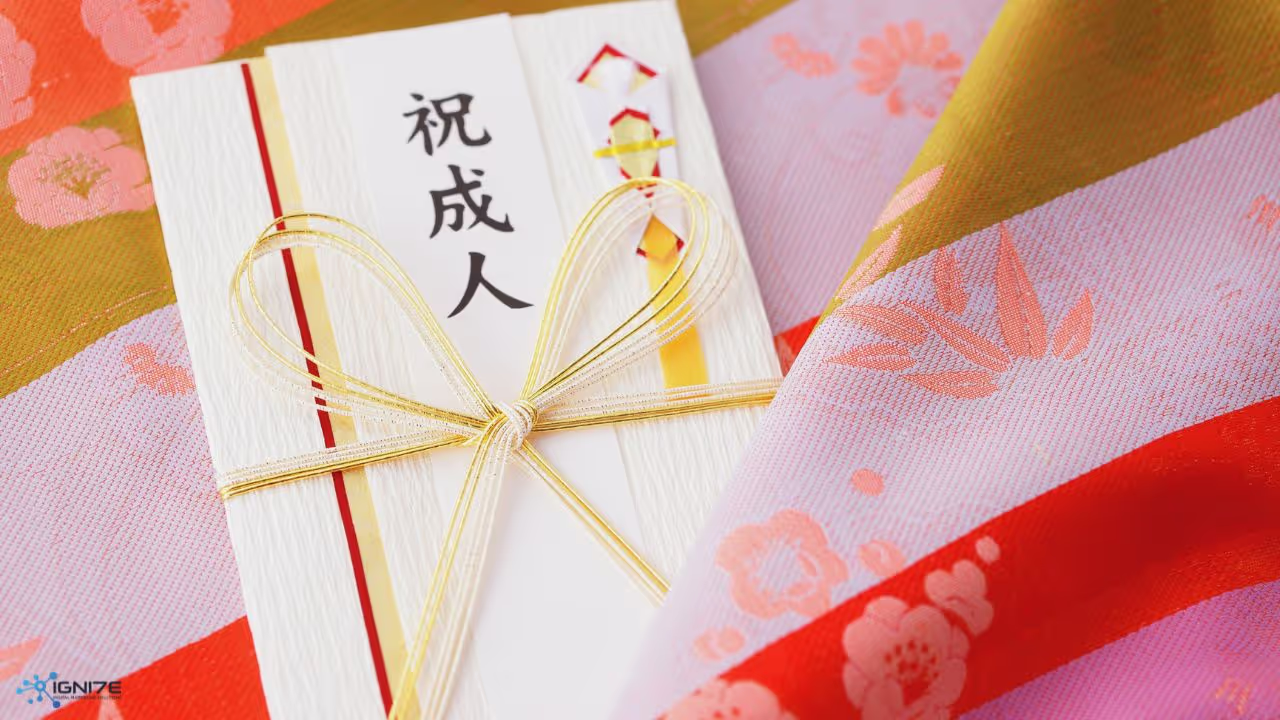Top 10 Gift-Giving Occasions in Japanese Culture

Gift-giving in Japan is more than a simple exchange—it's a deeply rooted cultural practice reflecting respect, gratitude, and social harmony. Whether you're visiting Japan, doing business with Japanese clients, or selling products to Japanese consumers, understanding these traditions can go a long way. Each occasion has its meaning and expectations, from formal gift seasons like Oseibo and Ochugen to unique customs around Valentine’s Day and housewarming visits. In this article, we’ll explore Japan's top 10 gift-giving occasions and what makes each special.
Gift-Giving Occasions in Japan
- Oseibo (Year-End Gifts)
- Ochugen (Mid-Year Gifts)
- Valentine’s
- White Day
- Birthdays
- Weddings
- New Baby Celebrations
- Graduation, School Entrance, and Coming of Age
- Housewarming
- Omiyage and Temiyage (Souvenir and Visiting Gifts)
1. Oseibo (Year-End Gifts)

Every December, people in Japan give Oseibo (お歳暮) gifts to express appreciation to those who have supported them throughout the year, such as bosses, clients, teachers, and family members. These gifts are usually high-quality items like gourmet food, sake, or valuable household goods, and they’re often beautifully packaged by department stores for the season.
2. Ochugen (Mid-Year Gifts)

Ochugen (お中元) takes place in July and serves a similar purpose to Oseibo—showing gratitude and strengthening relationships. Because it’s midsummer, the gifts are often seasonal, like cold noodles, fruit, or refreshing drinks. It’s a significant time for maintaining professional ties.
3. Valentine’s Day

Valentine’s Day in Japan is quite different from the Western version. Women give chocolates to men, often dividing them into giri-choco (義理チョコ), or obligatory chocolates for coworkers and superiors, and honmei-choco (本命チョコ), or chocolates for someone special or a romantic partner. Homemade or premium chocolate is often seen as a sign of genuine affection.
4. White Day

Exactly one month after Valentine’s Day, men who received chocolates are expected to give return gifts on White Day. These often include sweets like cookies or marshmallows, and sometimes accessories or small gifts. It’s seen as a chance to reciprocate feelings—or simply to return the courtesy.
5. Birthdays

While birthday celebrations aren’t as elaborate as in some Western countries, giving gifts is still common among close friends, romantic partners, and family. The presents are usually thoughtful and practical, reflecting the close relationship between giver and recipient.
6. Weddings

Unlike Western cultures, where physical gifts are common, wedding guests in Japan typically give money as a token of celebration and support for the couple’s new life together. The monetary gift, known as goshugi (ご祝儀), is placed inside a special ornate envelope called a shugi-bukuro (祝儀袋), which is often adorned with gold or silver strings and tied in a specific decorative knot that symbolizes longevity and good fortune.
The amount given varies depending on the guest’s relationship to the bride or groom. Close friends and relatives may give 30,000 to 50,000 yen or more, while coworkers or acquaintances usually give a smaller but still respectful amount. In return, the newlyweds offer a return gift as a gesture of appreciation. These gifts are often carefully chosen and valued at around half the amount received. This mutual exchange reinforces the sense of balance and harmony that is central to Japanese customs and etiquette, turning the act of giving into a shared expression of joy and respect.
7. New Baby Celebrations

The arrival of a new baby is a joyful occasion warmly celebrated in Japan with thoughtful gifts. Friends, relatives, and even coworkers typically give presents to the new parents shortly after the birth. Common gifts include baby clothes, plush toys, diapers, blankets, and monetary gifts in decorative envelopes. In return, the baby’s family gives a return gift, usually something practical or edible, like high-end sweets or household goods. This reciprocal exchange isn’t just about etiquette—it’s a gesture of mutual respect and a way to honor the bonds between families, friends, and community.
8. Graduation, School Entrance, and Coming of Age

Life transitions are highly significant in Japanese culture, and gifts play an essential role in acknowledging these milestones. Graduation and school entrance ceremonies—typically held in March and April—are occasions where students receive congratulatory gifts from family members or close friends. Cash gifts in decorative envelopes are common, along with practical items like elegant pens, watches, or new bags that symbolize readiness for the next chapter.
Coming of Age Day, or Seijin no Hi (成人の日), is celebrated in January. It honors young adults who have turned 20 and are now recognized as legal adults in society. For this rite of passage, parents and relatives often give meaningful gifts that mark maturity, such as jewelry, traditional accessories, or monetary support. These thoughtful offerings help commemorate essential life changes and express encouragement for the future.
9. Housewarming

When visiting someone who has recently moved into a new home, it’s customary in Japan to bring a small, thoughtful gift—an act rooted in the culture’s deep appreciation for hospitality and consideration. These housewarming gifts, such as high-quality towels, hand soap, kitchen items, or regional snacks, are typically practical and consumable. The idea is to offer something valuable and unobtrusive that the hosts can enjoy without feeling burdened.
However, care is taken to avoid gifts that could carry negative symbolism. Items like knives or scissors are generally avoided, as they suggest “cutting ties” or breaking relationships. Similarly, fragile items like glassware might be interpreted as unstable or impermanent, which is not ideal for someone settling into a new home. As with many Japanese customs, it’s not just about what you give but what your gift represents.
10. Omiyage and Temiyage (Souvenir and Visiting Gifts)

Gift-giving in Japan isn’t limited to formal occasions—it extends into everyday interactions, especially when traveling or visiting others. Omiyage (お土産) refers to souvenirs or local specialties from a trip and shared with coworkers, friends, or family. It’s more than just a nice gesture; it's considered an expected courtesy in many workplaces and social circles. These gifts typically include regional snacks, sweets, or delicacies that reflect the traveler’s destination, often beautifully packaged for easy sharing.
On the other hand, temiyage (手土産) is a small gift given when visiting someone’s home. Whether you’re dropping by for dinner, staying overnight, or meeting someone’s parents, arriving empty-handed is considered impolite. A simple, well-presented gift—like seasonal fruit, traditional sweets, or a bottle of sake—shows appreciation for the host’s time and effort. In Japanese culture, both omiyage and temiyage underscore the importance of reciprocity, modesty, and thoughtfulness.
Conclusion
Japan’s gift-giving culture is rich in nuance and tradition, blending seasonal customs with thoughtful etiquette. Whether it’s thanking a business partner during Oseibo, sharing sweets on Valentine’s Day, or bringing omiyage back from a trip, these gestures help maintain strong personal and professional relationships. By understanding the top gift-giving occasions and the values behind them, you not only show cultural respect but also deepen your connections in meaningful ways. Whether you're planning a trip, a product launch, or a thoughtful gesture, knowing when and what to give in Japan is a gift in itself.















